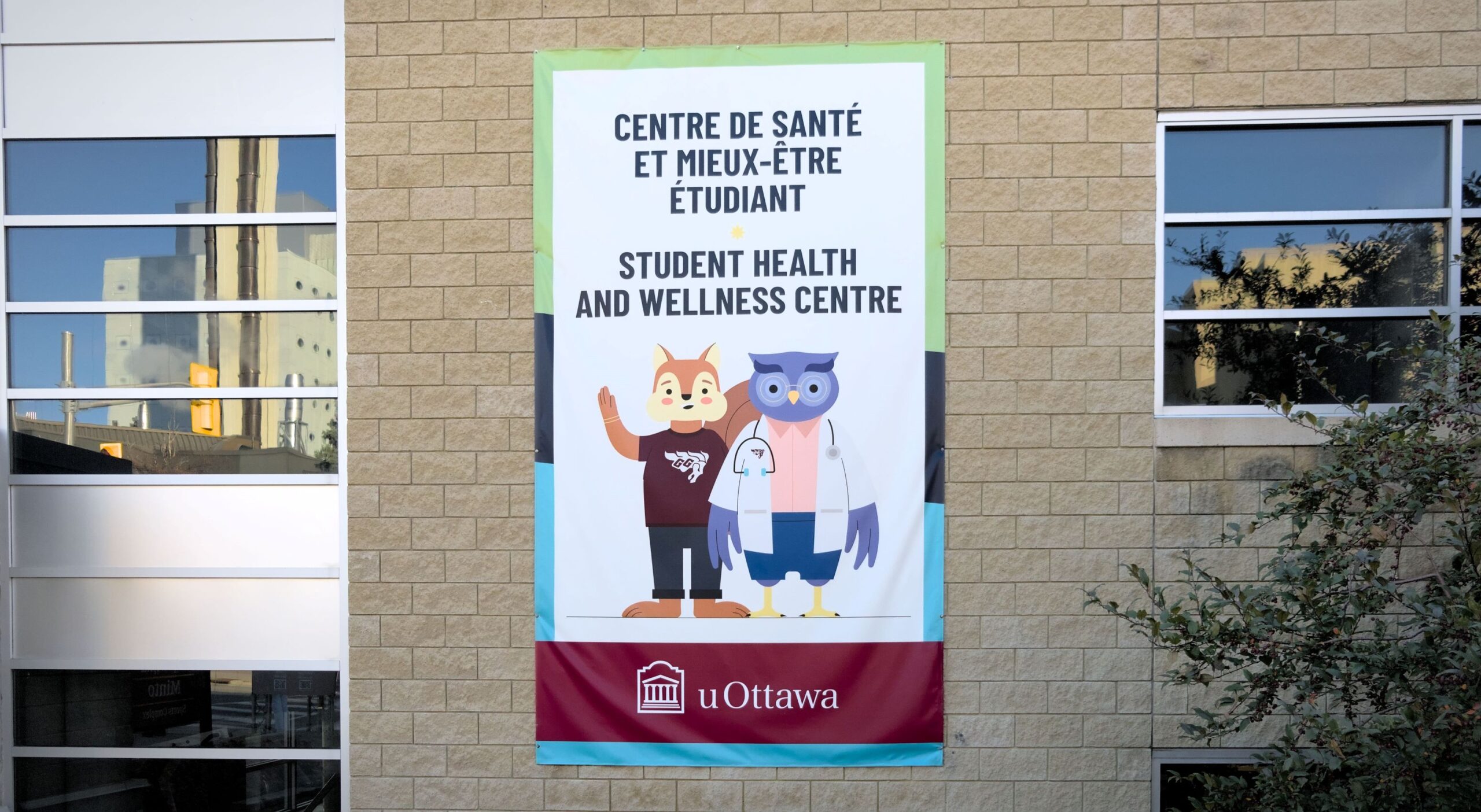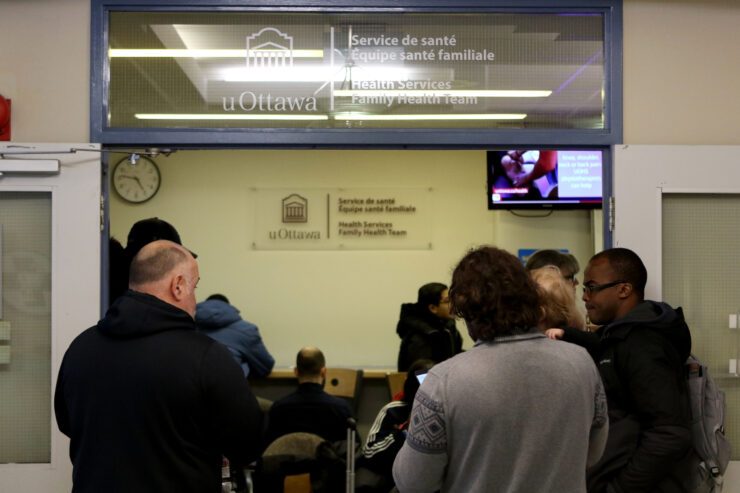Why Students get sick in September, and don’t get better until May — A Policy and Student Resource Issue
As Ottawa’s early November winds whip around corners and sneak under warm sweaters, students are reminded of the approaching annual struggle to stay healthy: Canadian cold and flu season. Below freezing temperatures, unforgiving winds, increased indoor crowding — not to mention lack of sun exposure — all contribute to the cold and flu environment Canadians see every winter.
However, us students often face additional challenges during cold and flu season that make us more vulnerable to not only getting sick, but staying sick. Crowded classrooms, crammed schedules, and the pressure of stress and fatigue, put all students at risk for weakened immune systems and limited time for rest and recuperation.
Sadly, this often leads students to choosing between attending class and submitting work on time or prioritizing health and recovery, and unfortunately, it’s usually the latter.
The University of Ottawa accepts doctors’ declarations of illness as legitimate excuses for class absence, late work, and deferred examinations. However, obtaining and affording these declarations is an overlooked challenge for students.
The Canadian doctor shortage is one that students are particularly vulnerable to, as the U of O’s student population is made up of mostly young adults. Students without a family doctor are becoming more common, and are typically pointed towards the campus health clinic. However in cold and flu season, campus doctors are typically overwhelmed, overworked, and have limited availability for last-minute appointments.
When students are turned away from campus clinics, they often seek Ottawa health clinics or emergency rooms, only to face similar lengthy wait times, early closures that aren’t compatible with student schedules. There is also the added burden of paying out of pocket for their doctor’s note. That is, if the student even has the time or the transportation means to get to a clinic or emergency room at all.
Additionally students that are sick during finals learn that deferred exams come with a cost. The University of Ottawa now demands a $60 administrative fee to process and evaluate your request. This means that full-time students who are unable to take their exams may face additional costs up to $300, adding to their existing education costs. This financial burden is one that many students cannot afford, and is likely to place students between a rock and a hard place; their health and their academic responsibilities.
And so the pattern continues. Students enroll in September, develop the “college plague” in October, and are sniffing all the way through to their April exams. While the fast-paced, stressful student life is unlikely to change soon, the university should consider adapting its outdated policies, and excessive fees to help alleviate this pressure. Additionally, for a university nearing a student population of 50,000, another campus health clinic to help meet the many needs of students could make the world of difference.
In the cold and flu season, students will get sick, probably more than the average Canadian, but they don’t have to stay that way in the name of their academic careers. Great rewards usually require great sacrifice, but not this kind. Let’s hit the books, not fever highs.





